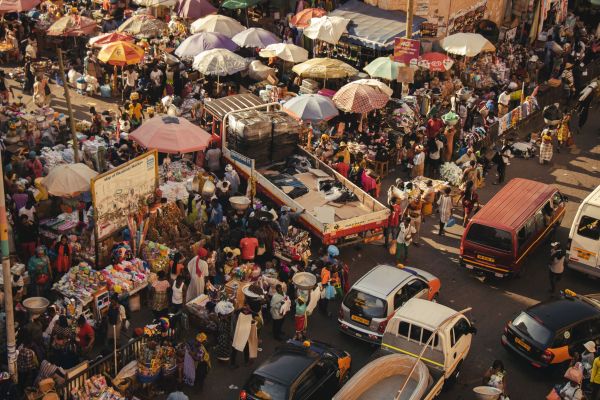Fears that the Covid crisis would jeopardize the progress of globalization have not been realised, said DHL in its Global Connectedness report published on 30 November.
The report said that analysis of international worldwide trade in the 1 ½ years asince the outbreak of the pandemic showed that the pandemic “has not caused globalisation to collapse. After initial dips in 2020, the DHL Global Connectedness Index is already on the rise again this year.”
DHL Express chief executive John Pearson, said: “Trade has provided a lifeline for countries around the world, and DHL Express has played a key role in areas ranging from vaccine distribution to e-commerce.”
International flows of trade, capital, information, and people were affected in different ways by the pandemic. After steeply plummeting early in the pandemic, trade in goods rebounded to above its pre-pandemic level before the end of 2020 and global trade in goods set new records in 2021.
Foreign direct investment flows shrunk even more than trade in 2020, but are again on track for a full recovery in 2021, said the report.
International travel fell 73% in 2020, but there are glimmers of a recovery starting in mid-2021.
Senior research scholar and director of the DHL Initiative on Globalization at New York University Stern School of Business, Steven Altman, also commented: “The resilience of global flows is good news, because a connected world offers the best prospects for a strong and sustainable recovery from the Covid-19 pandemic. When a crisis strikes, many of us naturally feel a strong impulse to hunker down behind borders. But the more extreme the challenge, the more urgent it becomes to draw upon the best ideas and resources from at home and abroad.”
Indeed, the surge of international trade since mid-2020 far surpassed initial forecasts, while the mix of goods traded changed more than usual. Trade in goods used to fight the pandemic soared while trade in many other products declined.
But contrary to expectations that the pandemic would cause a shift to more regionalized trade, trade in goods took place over longer distances, on average, in 2020.
However, the report noted that the world’s poorest countries are still lagging behind in globalization recovery. Despite the new trade records in early 2021, countries with the lowest per-capita incomes were still trading less than they did in 2019.
In a special report to mark the 10th anniversary of the DHL Global Connectedness Index, DHL and the NYU Stern School of Business highlighted strong links between global connectedness and prosperity. The said that policymakers can actively impact the connectedness of their countries through peace and security, an attractive domestic business environment, openness, regional integration, and societal support. An attractive domestic business environment may boost a country’s global connectedness even more
than traditional pro-globalization policies.
The report also examined five countries – Mexico, The Netherlands, Sierra Leone, UAE and Viet Nam – that have stood out for their strong or rising connectedness over the past two decades. The various paths these countries took to greater connectedness show that there is no one[1]size-fits-all prescription – instead, each country can pursue the international opportunities that make the most sense in its own local context.
Both reports highlight how, despite setbacks, the world remains close to a record high level of globalization but, at the same time, they also show that globalization is still limited, with large untapped opportunities available. Most business activity still takes place inside national borders, and the flows that do cross national borders mainly take place between neighbouring countries. Prevailing trends still point to a future with large opportunities to gain from stronger links to the wider world.
